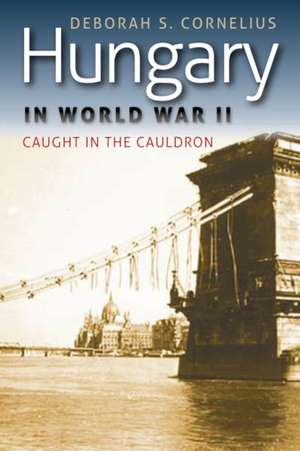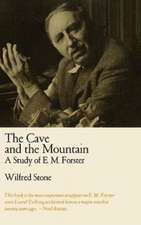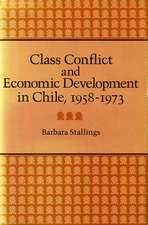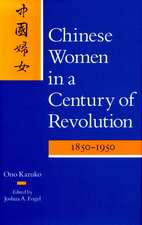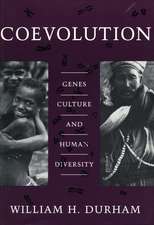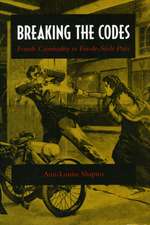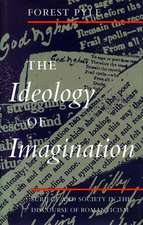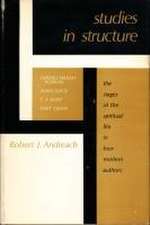Hungary in World War II – Caught in the Cauldron: World War II: The Global, Human, and Ethical Dimension
Autor Deborah S. Corneliusen Limba Engleză Paperback – 31 mar 2011
| Toate formatele și edițiile | Preț | Express |
|---|---|---|
| Paperback (1) | 306.09 lei 43-57 zile | |
| ME – Fordham University Press – 31 mar 2011 | 306.09 lei 43-57 zile | |
| Hardback (1) | 600.88 lei 22-36 zile | |
| Fordham University Press – 31 dec 2010 | 600.88 lei 22-36 zile |
Din seria World War II: The Global, Human, and Ethical Dimension
- 19%
 Preț: 600.88 lei
Preț: 600.88 lei -
 Preț: 198.88 lei
Preț: 198.88 lei -
 Preț: 206.50 lei
Preț: 206.50 lei -
 Preț: 231.65 lei
Preț: 231.65 lei -
 Preț: 216.09 lei
Preț: 216.09 lei -
 Preț: 159.99 lei
Preț: 159.99 lei -
 Preț: 232.43 lei
Preț: 232.43 lei -
 Preț: 200.85 lei
Preț: 200.85 lei -
 Preț: 335.83 lei
Preț: 335.83 lei - 19%
 Preț: 534.63 lei
Preț: 534.63 lei -
 Preț: 342.36 lei
Preț: 342.36 lei -
 Preț: 260.38 lei
Preț: 260.38 lei -
 Preț: 260.76 lei
Preț: 260.76 lei -
 Preț: 311.05 lei
Preț: 311.05 lei -
 Preț: 289.76 lei
Preț: 289.76 lei -
 Preț: 336.60 lei
Preț: 336.60 lei -
 Preț: 294.55 lei
Preț: 294.55 lei -
 Preț: 337.14 lei
Preț: 337.14 lei - 19%
 Preț: 529.29 lei
Preț: 529.29 lei -
 Preț: 352.63 lei
Preț: 352.63 lei -
 Preț: 377.90 lei
Preț: 377.90 lei -
 Preț: 274.51 lei
Preț: 274.51 lei -
 Preț: 442.01 lei
Preț: 442.01 lei -
 Preț: 289.55 lei
Preț: 289.55 lei -
 Preț: 248.65 lei
Preț: 248.65 lei -
 Preț: 455.68 lei
Preț: 455.68 lei -
 Preț: 247.71 lei
Preț: 247.71 lei -
 Preț: 227.44 lei
Preț: 227.44 lei -
 Preț: 476.16 lei
Preț: 476.16 lei -
 Preț: 288.53 lei
Preț: 288.53 lei -
 Preț: 264.57 lei
Preț: 264.57 lei
Preț: 306.09 lei
Nou
58.58€ • 60.93$ • 48.36£
Carte tipărită la comandă
Livrare economică 14-28 aprilie
Specificații
ISBN-10: 0823233448
Pagini: 400
Ilustrații: 16 b&w illus.
Dimensiuni: 152 x 228 x 37 mm
Greutate: 0.77 kg
Editura: ME – Fordham University Press
Seria World War II: The Global, Human, and Ethical Dimension
Notă biografică
Deborah S. Cornelius is a historian of East Central Europe and formerly taught at Rutgers University and Franklin and Marshall College.
Recenzii
"Cornelius, a historian of east-central Europe, fully recounts, for the first time in Enlglish, the story of Hungary's ill-fated attempt to regain past glory by joining forces with Germany. " --Connecticut College Magazine
"A major scholarly accomplishment that will long remain the definitive historical synthesis of Hungary in World War II."-Hungarian Studies Review
Descriere
The story of Hungary's participation in World War II is part of a much larger narrative-one that has never before been fully recounted for a non-Hungarian readership. As told by Deborah Cornelius, it is a fascinating tale of rise and fall, of hopes dashed and dreams in tatters. Using previously untapped sources and interviews she conducted for this book, Cornelius provides a clear account of Hungary's attempt to regain the glory of the Hungarian Kingdom by joining forces with Nazi Germany-a decision that today seems doomed to fail from the start. For scholars and history buff s alike, Hungary in World War II is a riveting read.Cornelius begins her study with the Treaty of Trianon, which in 1920 spelled out the terms of defeat for the former kingdom. The new country of Hungary lost more than 70 percent of the kingdom's territory, saw its population reduced by nearly the same percentage, and was stripped of fi ve of its ten most populous cities. As Cornelius makes vividly clear, nearly all of the actions of Hungarian leaders during the succeedingdecades can be traced back to this incalculable defeat.In the early years of World War II, Hungary enjoyed boom times-and the dream of restoring the Hungarian Kingdom began to rise again. Caught in the middle as the war engulfed Europe, Hungary was drawn into an alliance with Nazi Germany. When the Germans appeared to give Hungary much of its pre-World War I territory, Hungarians began to delude themselves into believing they had won their long-sought objective. Instead, the final year of the world war brought widespread destruction and a genocidal war against Hungarian Jews. Caught between two warring behemoths, the country became a battleground for German and Soviet forces. In the wake of the war, Hungary suffered further devastation under Soviet occupation and forty-five years of communist rule.The author first became interested in Hungary in 1957 and has visited the country numerous times, beginning in the 1970s. Over the years she has talked with many Hungarians, both scholars and everyday people. Hungary in World War II draws skillfully on these personal tales to narrate events before, during, and after World War II. It provides a comprehensive and highly readable history of Hungarian participation in the war, along with an explanation of Hungarian motivation: the attempt of a defeated nation to relive its former triumphs.
